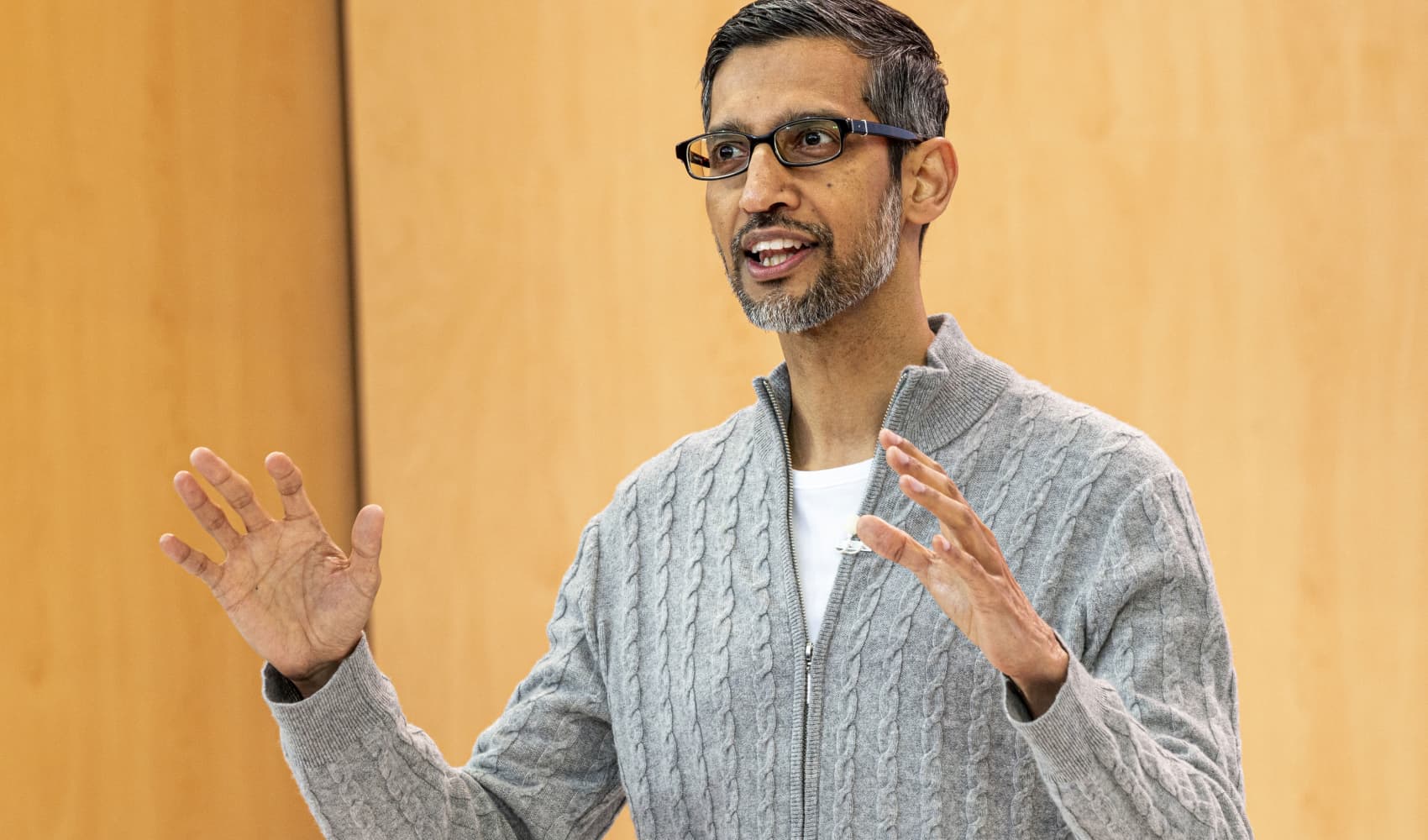
Most credit cards only require you to make a minimum payment each month, which is typically a fixed amount, often $20 to $25, or a percentage of your balance, usually 1 to 3 percent. Paying the minimum is tempting, especially if your budget is tight. But the less you pay now, the more you’ll pay later.
Carrying a credit card balance not only means you’ll be in debt longer, but it also means you can rack up massive amounts of interest, thanks to exorbitant, oftentimes double-digit interest rates.
To give you an idea of just how costly it can be to pay only the minimum on your credit card, personal finance site NerdWallet crunched the numbers and determined the interest costs of paying off debt. It assumed credit card debt of $6,081, which is what the average household with revolving credit card debt owes, and an interest rate of 14.99 percent.
Here's the breakdown of how much interest would accrue if you:
Just make the minimum payment: $4,064
Make double the minimum payment: $1,509
Make the minimum payment plus $100: $1,409
Ideally, you'll want to make your payments in full and owe zero interest but, as the charts show, even tacking on an extra $100 to the minimum payment each month can save you thousands of dollars.
NerdWallet also notes that only paying the minimum means you'll be in the red for years.
Money Report
Here's how long it would take to pay off $6,081 worth of credit card debt if you:
Just make the minimum payment: 169 months (about 14 years)
Make double the minimum payment: 65 months (about 5.5 years)
Make the minimum payment plus $100: 41 months (about 3.5 years)
If you're already in debt, there are two popular ways to get a handle on it: the avalanche method and the snowball method. The first prioritizes paying down the debts with the highest interest rates first, while the second focuses on knocking out the smallest debts first.
You can also read up on habits to give up if you want to get out of credit card debt.
Once you're debt-free, get in the habit of making payments in full. It will save you thousands of dollars in interest which, as Mark Cuban points out, is probably a better return than you could get from your investments.
This is an update of a previously published story.
Don't miss: Here's how to tell which Chase Sapphire credit card may be right for you
Like this story? Subscribe to CNBC Make It on YouTube!






